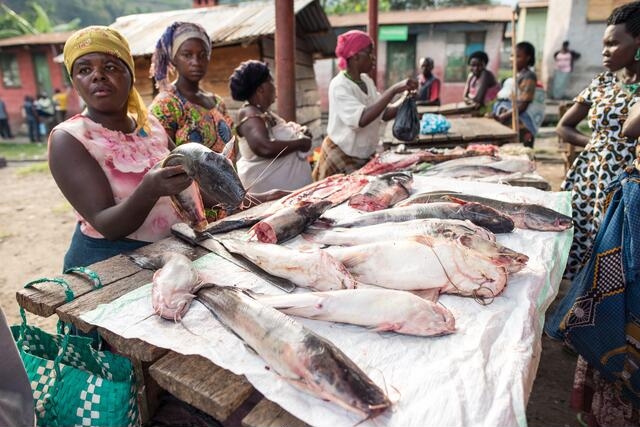Summary:
- Raising access fees for coastal fish resources in African waters could generate an extra $37 million annually, with a proposed “continental fish cartel” to collectively offer fishing rights, addressing market imbalances with foreign vessels.
A Nature Communications study suggests that African countries have the potential to generate an additional $37 million annually from their coastal fish resources by raising access fees. Currently averaging $128, increasing them to $152 could lead to a 23 percent profit boost. The proposal involves forming a “continental fish cartel” wherein African nations collectively offer fishing rights to foreign vessels. Currently, individual sales of access make African countries susceptible to the market dominance of wealthier foreign fishers. Satellite data indicates that over half of fishing activity in African waters involves foreign vessels, often paying minimal fees.
For instance, in 2019, Senegal received $90 per tonne of tuna caught by European Union (EU) vessels, while EU fishers made $1,687 per tonne from selling those fish, nearly 20 times more. To counter this, researchers suggest emulating the Pacific Islands’ model, where countries collaborate to manage fishing collectively. Between 2010 and 2021, African countries earned an average of $128 per tonne of tuna, while the Pacific Islands received $454 for the same fish. The study suggests that uniting African countries in selling fishing rights could result in a 16 percent increase in fish biomass.
Although challenges like differing interests and variations in fisheries’ size and health exist, the researchers believe that establishing a continent-level fish “cartel” could be a valuable investment, especially as Africa integrates economically. Gabriel Englander, the lead author and a research economist at the World Bank, emphasizes that deeper African integration is an emerging solution to economic and ecological challenges, even though obstacles like corruption may be challenging to address in the short term.

